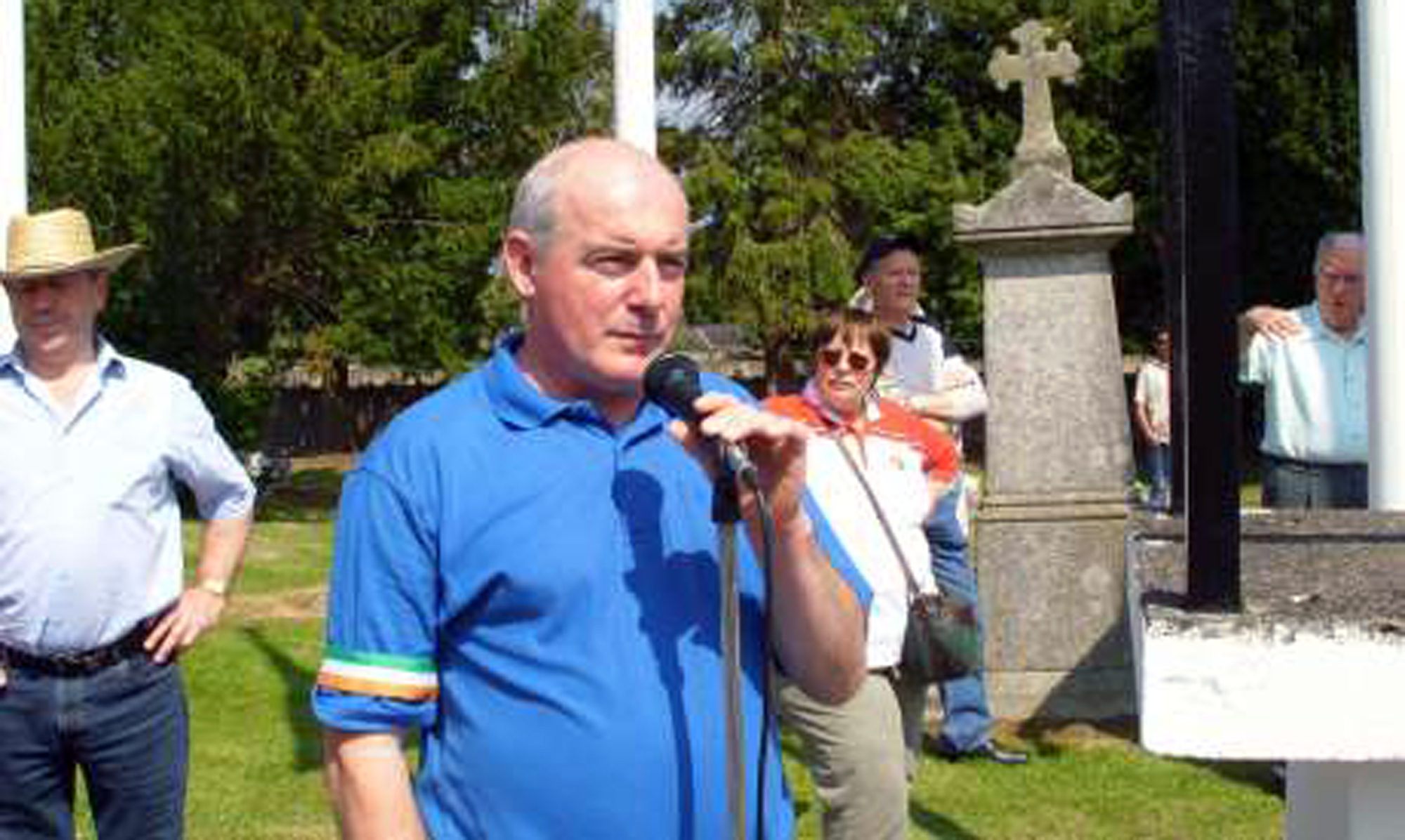Republican Sinn Fein ➠ On September 3, Gavin McKenna, a member of the Ard Chomhairle of Sinn Féin Poblachtach, was arrested by heavily-armed members of the RUC/PSNI on the Lough Road, Lurgan, Co Armagh as he made his way to work.
His family home was also subjected to a heavy-handed raid by the Crown Forces.
 |
The following day he was charged with coordinating a petrol bomb attack on police aiding and abetting the throwing of a petrol bomb with intent to destroy property and personal injury. He was refused bail and was remanded to Maghaberry jail along with three others.
Gavin was held in isolation in Maghaberry for 14 days before he was moved not to the Republican Roe wing but to Bann House which houses loyalist as well as non-political prisoners. He was strip-searched and assaulted by prison screws. Since his incarceration he has not seen any of his family and has not received fresh clothing. He is still wearing the work clothes he was arrested in. The only contact with outside the jail were two phone and a Zoom call in 14 days, one of which was terminated after a few minutes.
He requested to see the doctor as he has a stomach ulcer for which he takes medication. His request was refused and he has also been refused medication which has resulted in severe vomiting every night.
The regime in Maghaberry to which Republican prisoners have been subjected has led over the years to many protests. Sinn Féin Poblachtach condemns the treatment of Gavin McKenna and demands that he be seen by a doctor immediately; that he be allowed visits from his family and that he be moved without delay to the Republican wing, Roe House, in the prison.
Gavin was held in isolation in Maghaberry for 14 days before he was moved not to the Republican Roe wing but to Bann House which houses loyalist as well as non-political prisoners. He was strip-searched and assaulted by prison screws. Since his incarceration he has not seen any of his family and has not received fresh clothing. He is still wearing the work clothes he was arrested in. The only contact with outside the jail were two phone and a Zoom call in 14 days, one of which was terminated after a few minutes.
He requested to see the doctor as he has a stomach ulcer for which he takes medication. His request was refused and he has also been refused medication which has resulted in severe vomiting every night.
The regime in Maghaberry to which Republican prisoners have been subjected has led over the years to many protests. Sinn Féin Poblachtach condemns the treatment of Gavin McKenna and demands that he be seen by a doctor immediately; that he be allowed visits from his family and that he be moved without delay to the Republican wing, Roe House, in the prison.

















